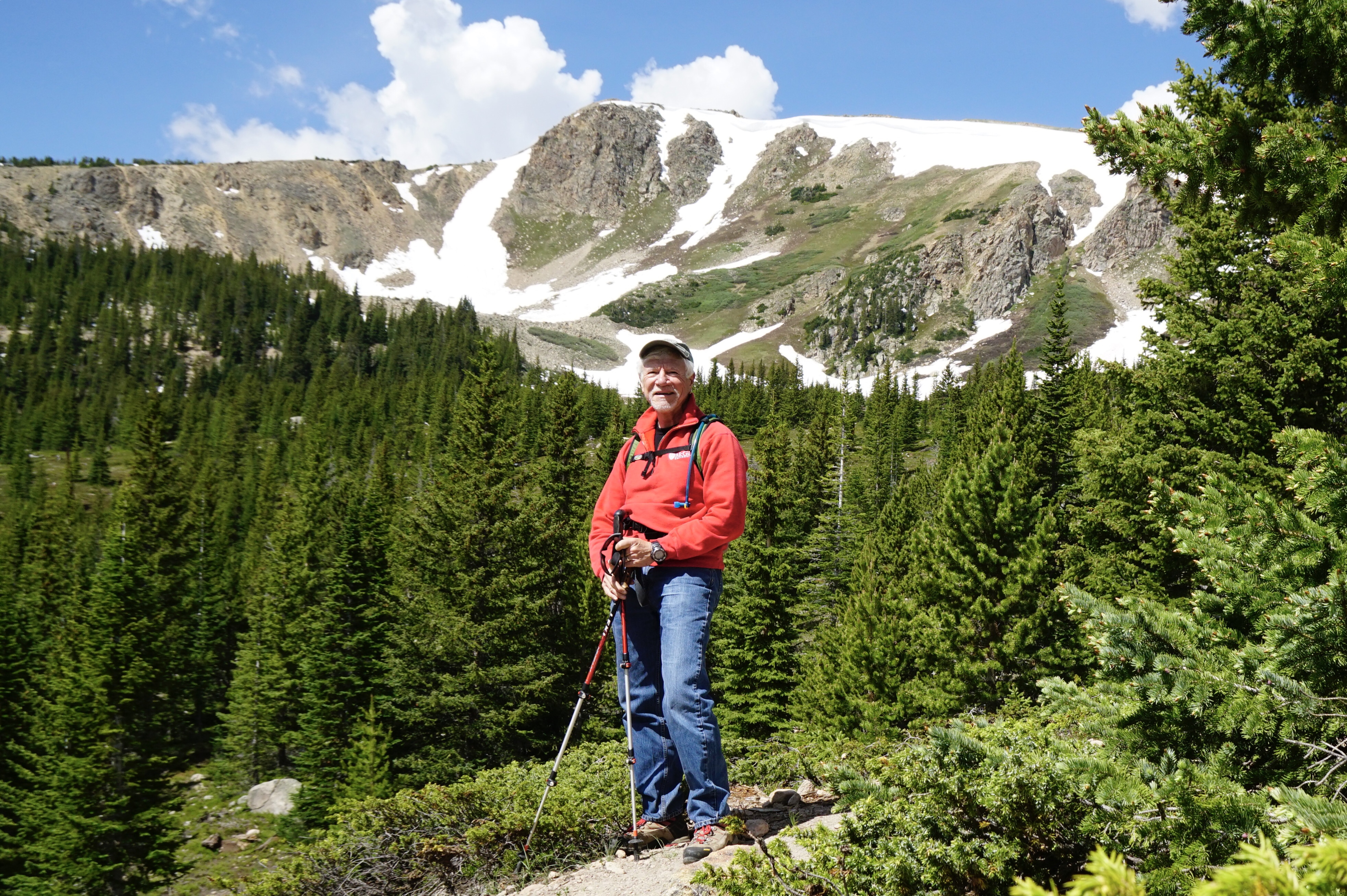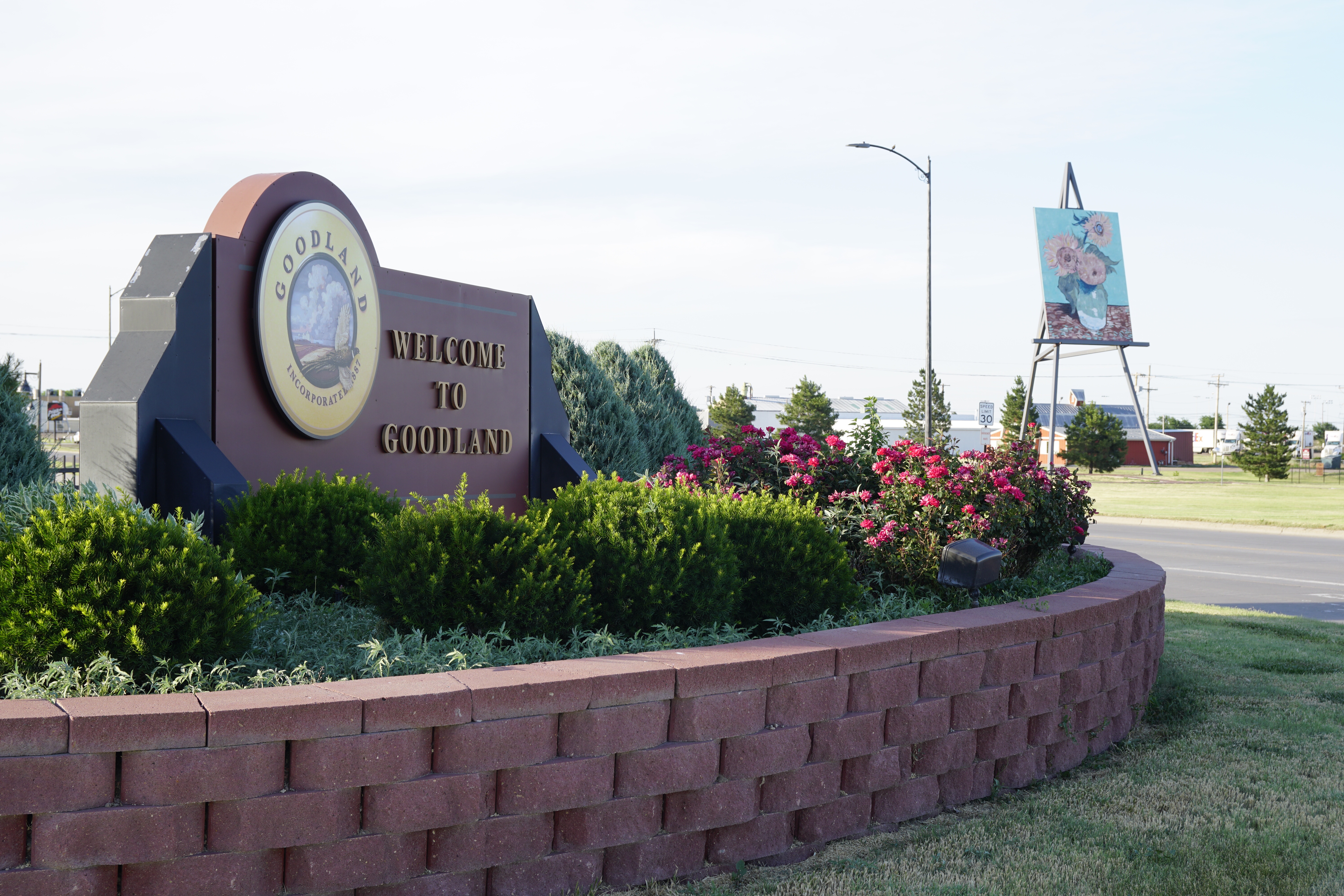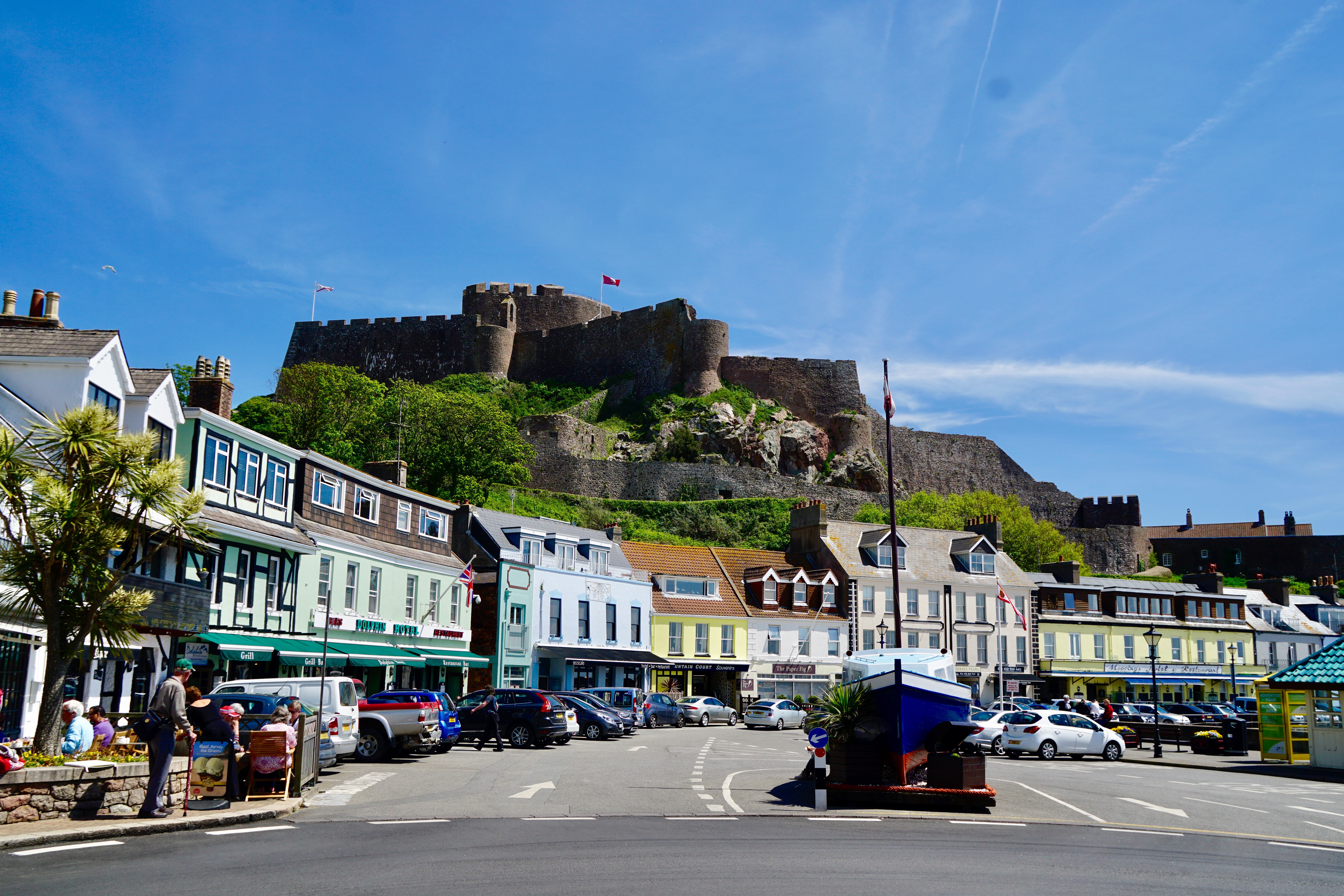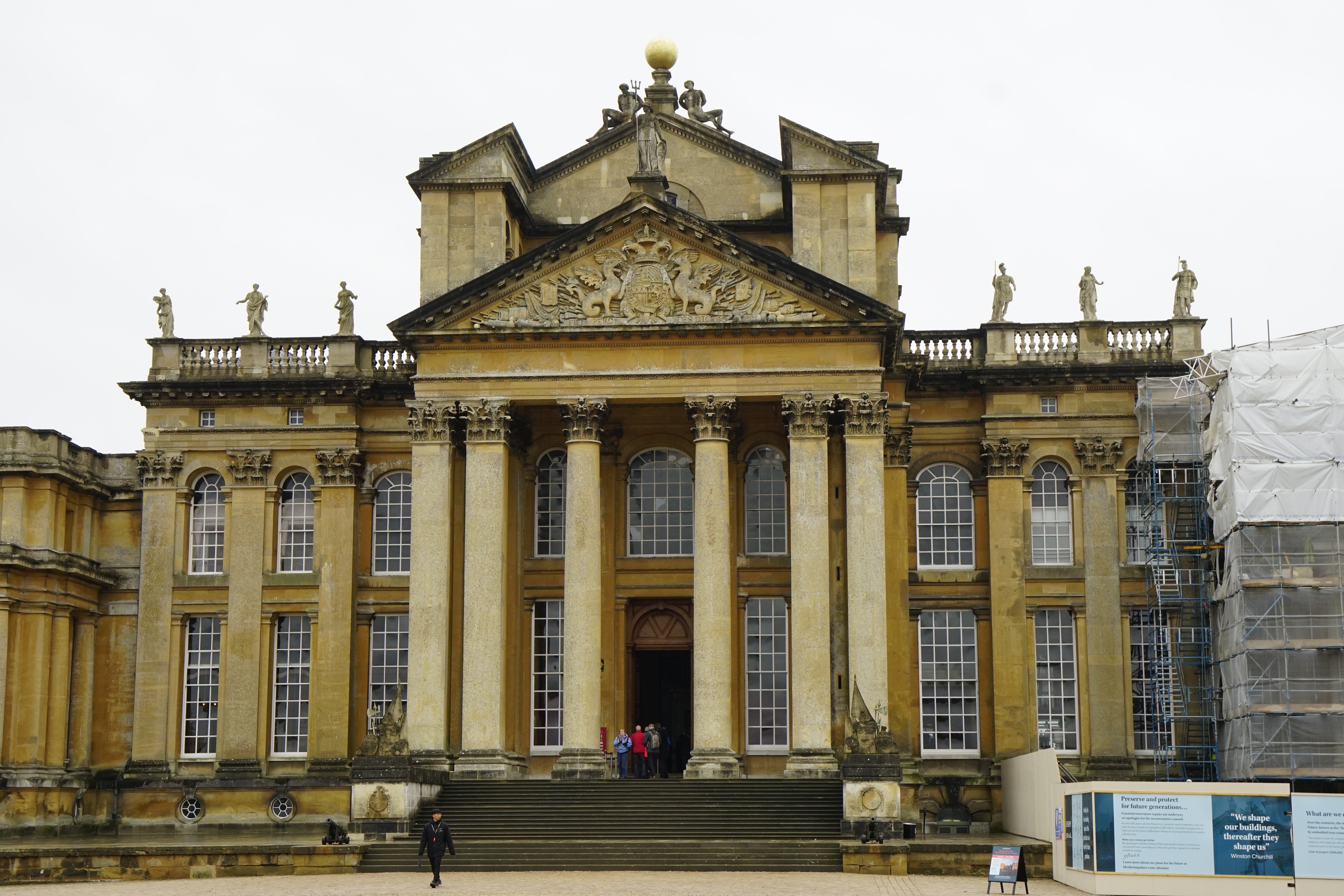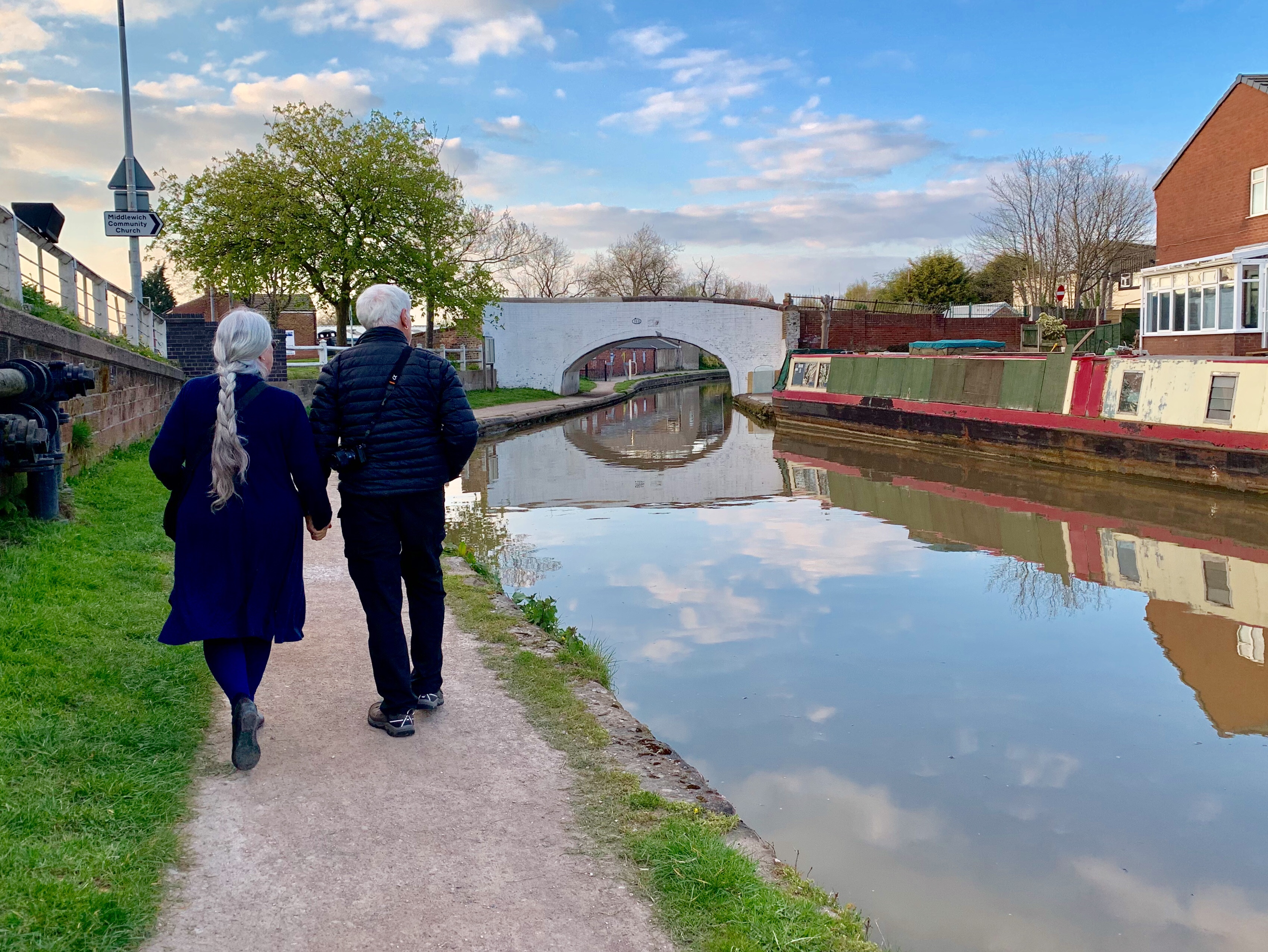
We landed back in Kansas City the evening of May 21st. Our daughter Alexis and her children were at the airport to greet us and drag our weary bones home. The flight home began with our arrival at Manchester England’s airport at 4:00 a.m. with a 6 a.m. international departure for Brussels Belgium, a layover, an 8 hour cross-Atlantic flight to Washington Dulles, another layover, and finally a flight of nearly 3 hours to Kansas City. The marvel of it all is that we arrived home by 8:30 p.m. on the same day that we departed. However, the effect of crossing 7 time zones meant that our bodies had been without any meaningful sleep for over 24 hours.

The cross-Atlantic segment was made a bit more pleasant as we secured a class upgrade. Bigger seats, two meals and a snack (with real plates and cutlery!), an “open bar”, and expanded entertainment options. I binged two movies, “Glass”, and “Arctic”, both of which I recommend. I started to watch “Aquaman” but soon found the premise and the acting to be all wet.
It didn’t take long for me to fall into the old routine. Up early the next day and mowed the lawn. Sifted through the pile of mail, sorting the “junk” from the important… I find it remarkable that even after 6 weeks the stack of “real” mail is pretty small, yet a few days of junk mail probably required the killing of a tree.
Our first priority was to glory in time with the grandchildren. Over the next few day we unpacked, did laundry, stocked the refrigerator, visited the barber, did some landscaping, enjoyed time with friends, took in a movie, and took our grandson Kane to a Kansas City Royals baseball game which was his birthday present that had been delayed by our travels.

On the road my possessions are contained within a backpack. It takes a house to contain them when we are not traveling. On the road the scope of our experience expands to cross states, countries, and continents.

Here in Kansas City most of what matters occurs within a few miles of our home. We miss our family and friends when we travel yet find and embrace new friendships as we wander. Paradoxically, I tend to be silent and a bit introverted here at home yet compelled to reach out with my “Thoughts” on a near daily basis during our journeys.
We were gone six weeks. Our 2018 Europe trip took 13 weeks, and our 2017 trip to Alaska and the Yukon was 12 weeks long. We have come to the conclusion that 6 weeks is long enough for any single journey. On the road I don’t eat or exercise as well as I should. The scale tells the disappointing tale upon my return. The grandchildren miss us, and we miss them. Nevertheless, before we landed my thoughts had already turned to considerations of our “Next Thing”.
Late last year I found a company in the Netherlands that provides on-line tools for converting a blog into a book. I spent about a week rearranging and modifying content from the posts I had written during our 13 week journey. The result was a 202 page full color coffee-table book that reads like a personal diary. We bought 6 copies, one for each of our children’s homes, one for my Mother, one for Christine’s Dad, and one for our home. I was very pleased with the results and will likely do the same thing with content from this most recent journey. The cost is not insignificant, but in the case of our children and grandchildren I consider the books to be an investment. I hold a special hope that our pursuits in retirement may become a model for our children as they journey through life, and a spark to ignite the imaginations of our grandchildren.

Since childhood I have embraced the notion of a “Next Thing”. Initially this was a product of daydreaming and an active imagination, but as I matured, the pursuit of the “Next Thing” became conscious and directed. “Next Things” excite the imagination and engage the spirit.
My life has been a series of these “Next Things”, some relatively minor and lost to a memory that fades with the passage of time. Others have been monumental. It has been my good fortune that fate gifted me a partner who embraces these things. Christine’s encouragement and participation have been a priceless part of the planning and execution of our “Next Things”.
We retired in the Spring of 2015. Retirement came easier for Christine as she naturally fell into the cadence of being the matriarch and grandmother extraordinaire to our family in Kansas City. For me, finding a new purpose was a bit more challenging. “Next Things” became central to my new purpose. “On the road” I find joy in sharing the sights, experiences, and my thoughts with others.

Don’t put off until tomorrow the things you may find you are then unable to do, and whatever you do in life may you always Have Fun, Do Good, and for the sake of those who love you, Be Safe!
-Peace Everyone. Pete
PS. We gratefully acknowledge the following: The many people who provided for our needs in the restaurants, hotels, and Bed & Breakfasts that hosted us. The brief encounters that became friendships were like the blossom of a flower, enjoyed in the beauty of the moment but soon to be a memory when the paths of life took us in different directions.
Our thanks to the staff of Andersen Boats and the many volunteers of the Canal and River Trust who as a labor of love maintain the remarkable canal system of the United Kingdom.


Our special thanks to Kris Ashton, Tom Shillington, Nanci Burns, and Huw and Nina Thomas who were each a treasured part of this adventure.



Thank you to those who follow us. You continue to give me a venue for expression that I would not otherwise have.
Lastly, we thank the ancient hands that created the towns, churches, castles, and monuments that are found throughout the United Kingdom and the Channel Islands. What they raised for either war or the glory of God has become a treasured heritage.



